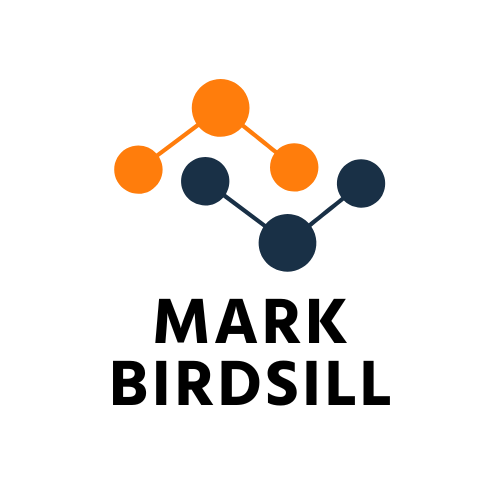AI’s rapid emergence and evolution have created an opportunity to transform every industry and society. There has been a lot of writing about the various applications of AI, but I want to take a step back and look at how it is poised to fundamentally change the way we live and work. I will provide bold predictions for the next decade in this article.
Scientific Method
For many scientists, the time and cost associated with critical scientific projects are significant factors that prevent them from achieving their goals. This is why it is vital that the government and private sectors work together to improve the quality of scientific research. Machine learning and artificial intelligence (AI) are expected to improve the capabilities of scientists by significantly reducing the time and cost involved in performing their tasks.
Through the use of AI, scientists can now analyze vast amounts of data and quickly identify complex patterns and relationships. This technology is expected to significantly enhance the scientific process and allow scientists to make important discoveries.
Climate Crisis
Despite the various steps governments have taken to address climate change, they are still unable to implement the necessary measures to reduce greenhouse gas emissions effectively. One promising innovation that could use AI to solve this issue is the development of prediction markets that would allow governments to make informed decisions regarding implementing climate change policies. This technology could be powered by massive amounts of data collected and analyzed by artificial intelligence. Carbon dioxide sequestration and other similar technologies would not be able to succeed without the help of AI-based risk modeling and prediction.
Personalized Medicine
One of the most promising applications of AI is personalized medicine, which involves the creation of treatment plans based on the individual patient’s genetic information. This technology would not require clinical trials.
Artificial intelligence is also capable of analyzing and constructing digital twins of individual biology, which would allow scientists to study the complex interactions between different components of the human body.
Without the help of AI, scientists would be unable to analyze the vast amounts of data collected about an individual’s health. AI solutions could be vital in improving healthcare quality and reducing health disparities.

